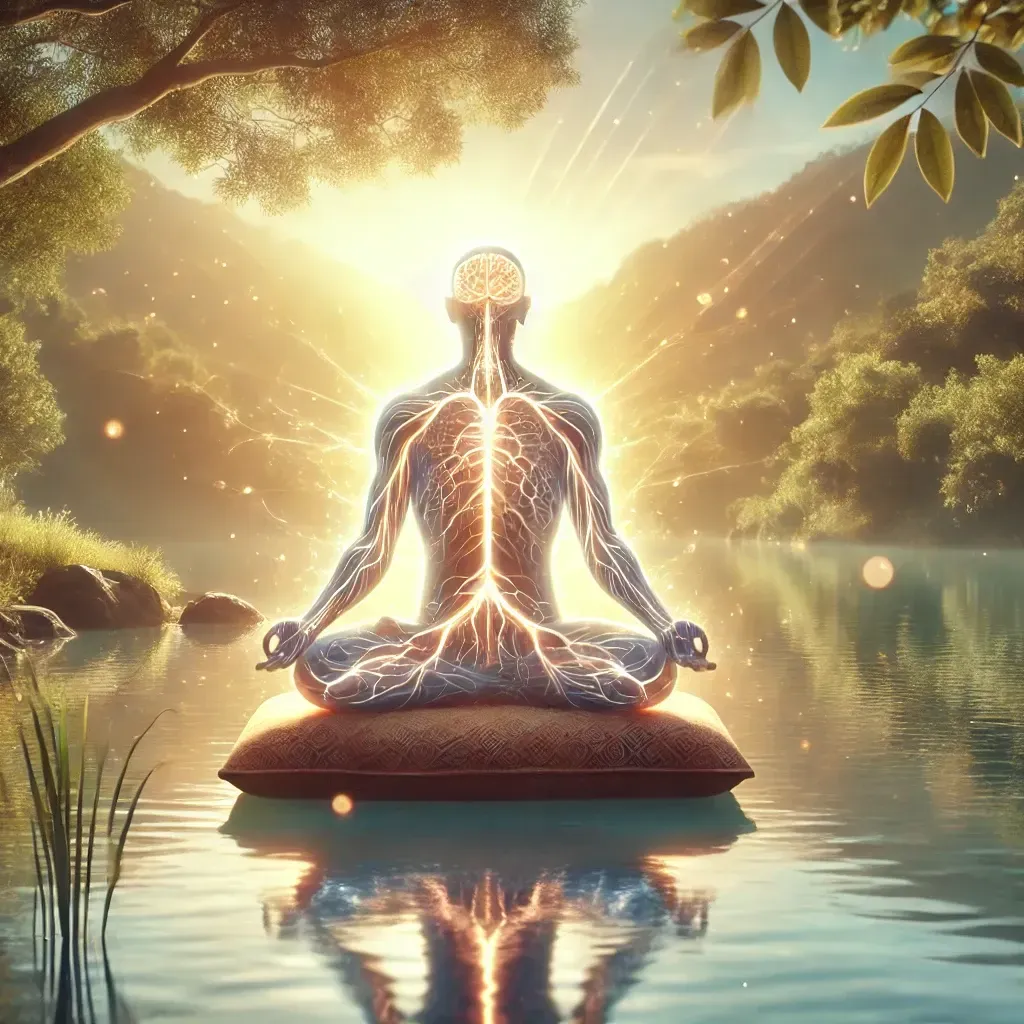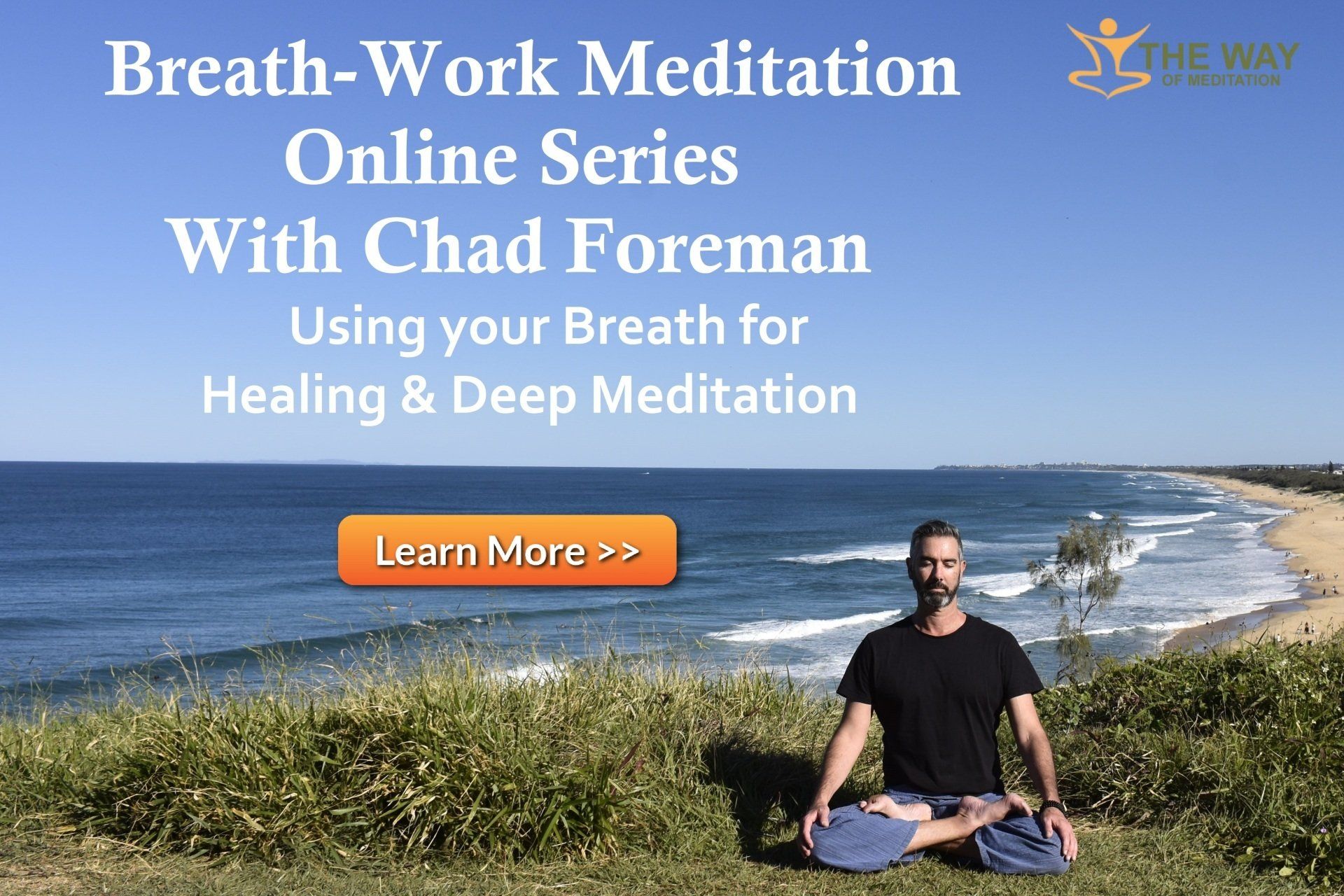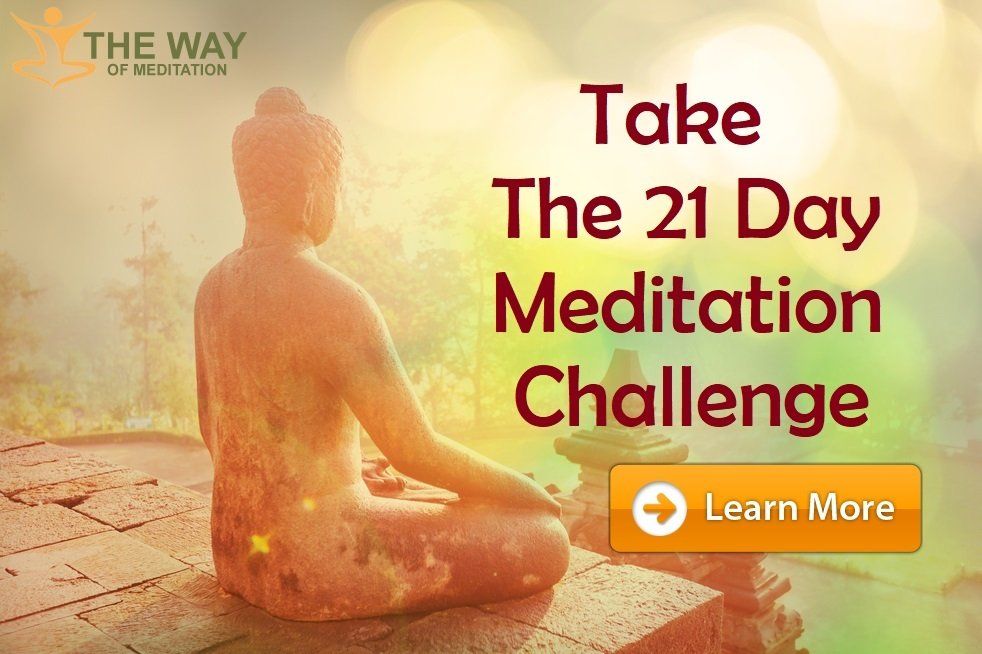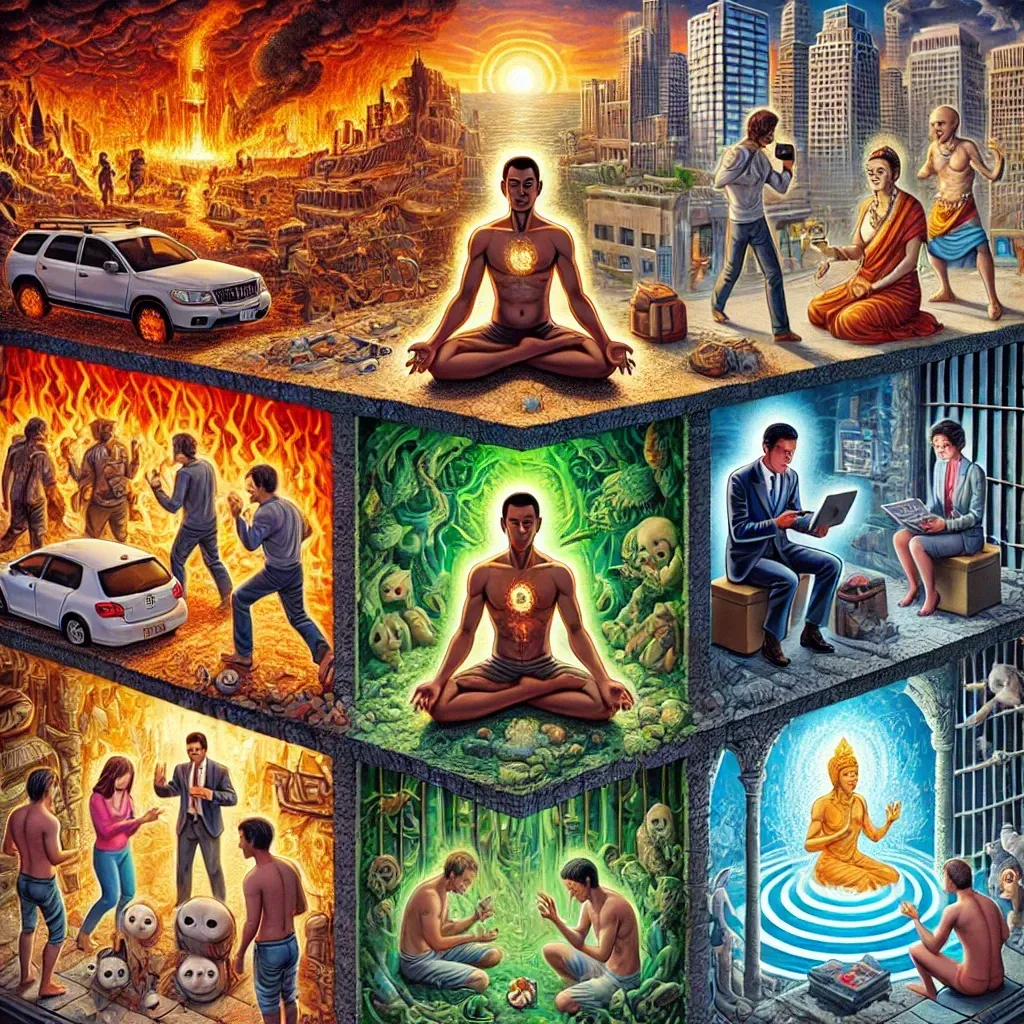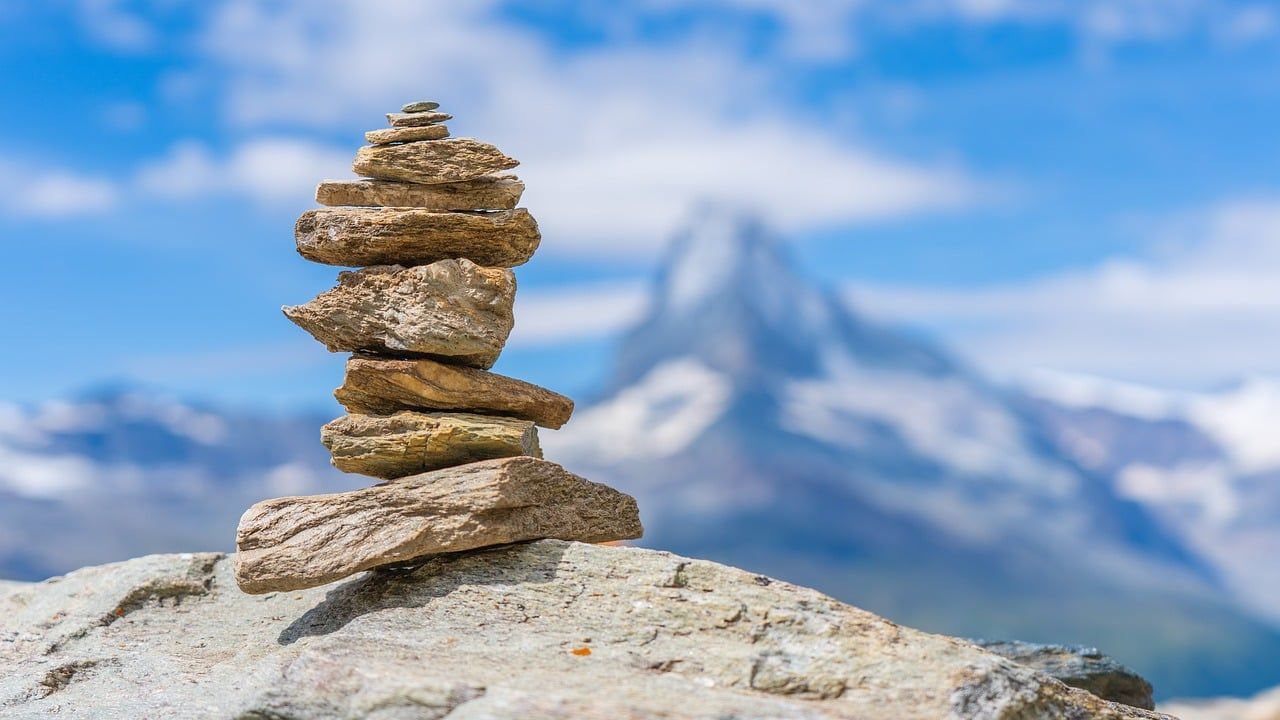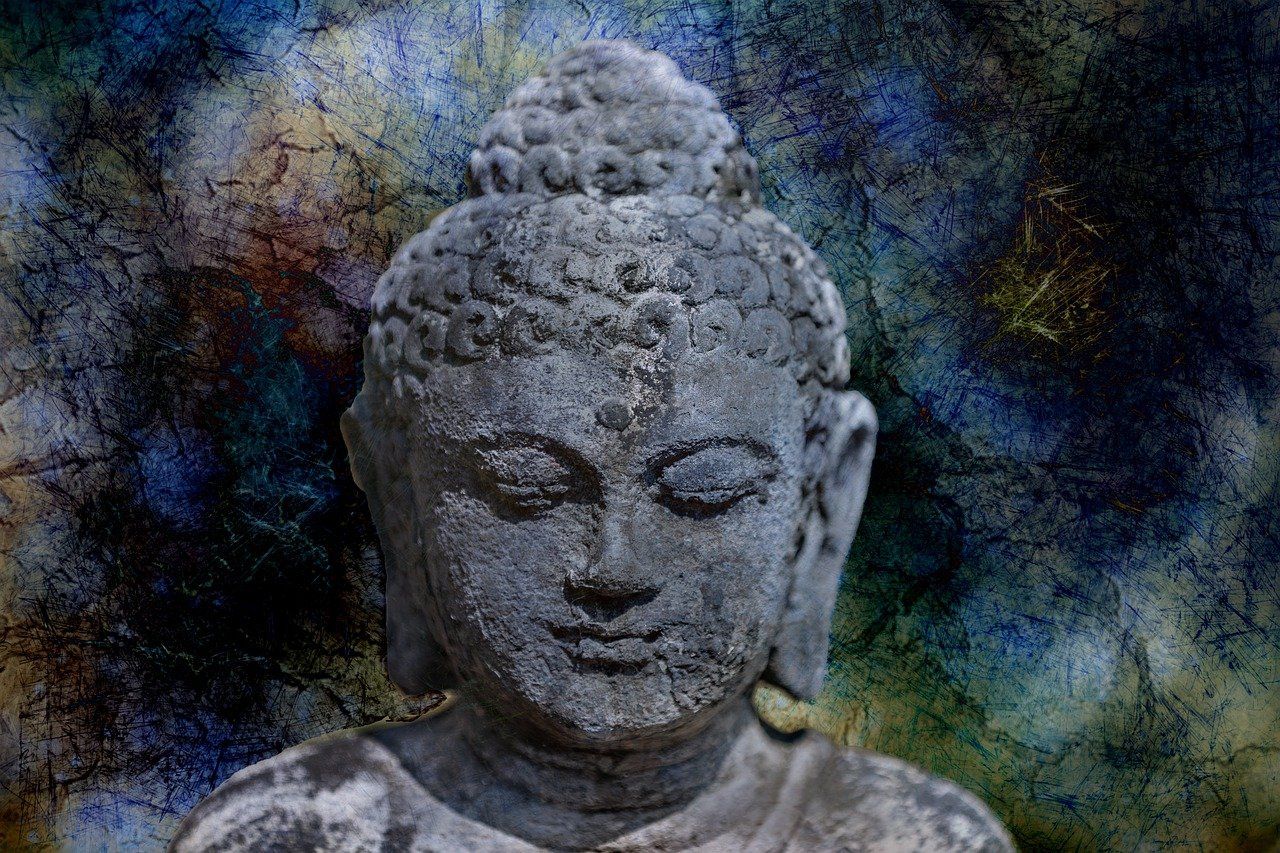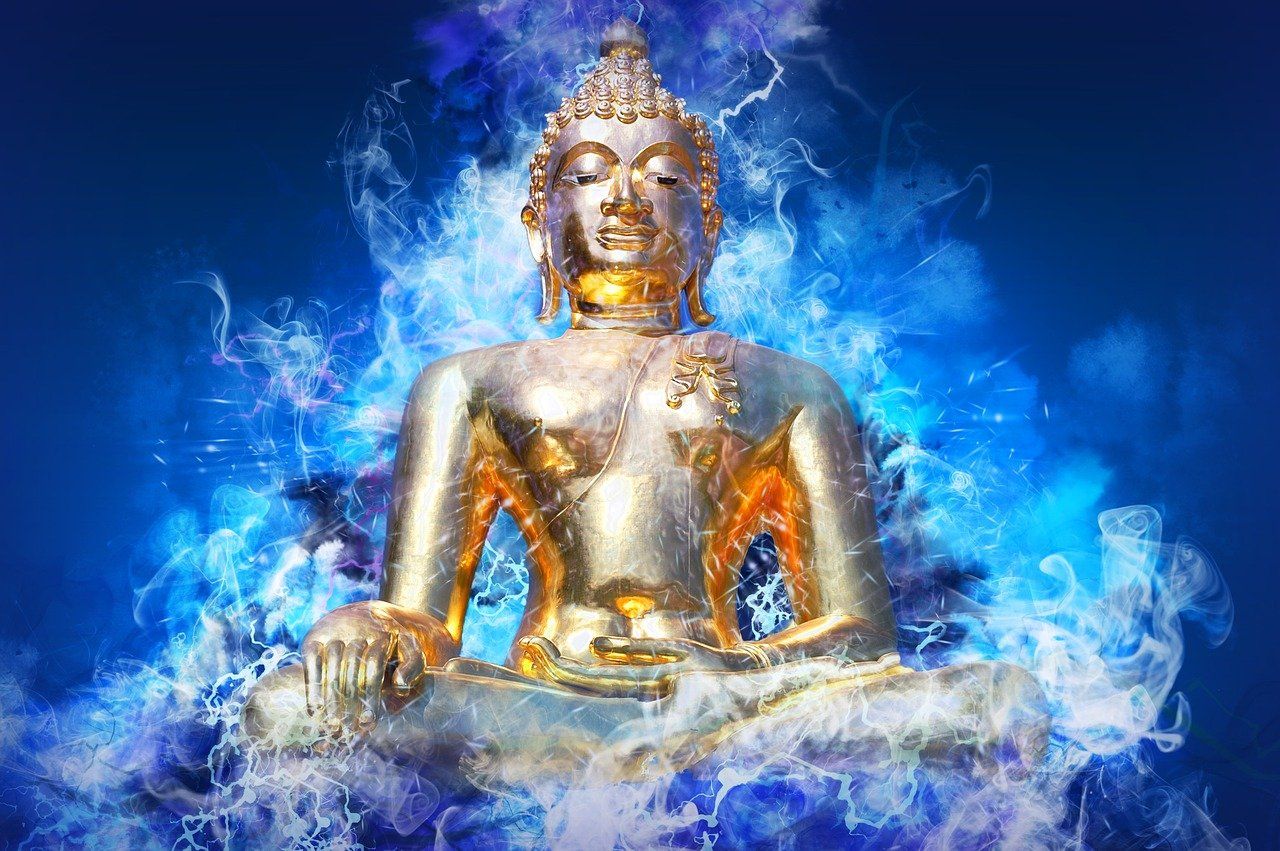Let Thoughts Go & Live In The Flow
A Story of a Farmer Going With the Flow
A farmer and his son had a beloved horse who helped the family earn a living. One day, the horse ran away and their neighbours exclaimed, “Your horse ran away, what terrible luck!” The farmer replied, “Maybe so, maybe not.”
A few days later, the horse returned home, leading a few wild horses back to the farm as well. The neighbours shouted out, “Your horse has returned, and brought several horses home with him. What great luck!” The farmer replied, “Maybe so, maybe not.”
Later that week, the farmer’s son was trying to break one of the horses and she threw him to the ground, breaking his leg. The neighbours cried, “Your son broke his leg, what terrible luck!” The farmer replied, “Maybe so, maybe not.”
A few weeks later, soldiers from the national army marched through town, recruiting all boys for the army. They did not take the farmer’s son, because he had a broken leg. The neighbours shouted, “Your boy is spared, what tremendous luck!” To which the farmer replied, “Maybe so, maybe not.”
Life is transient, in a constant flow of change, there is no room for fixed judgments, for nothing is truly black or white. What seems to be a bad experience now, later can be a blessing.
Life will happen as it happens outside of you, but it is your choice to bring the energy from the outside into your field of consciousness. There will be moments where you will be pulled into experiences, feeling the gravity of certain events or people, but it is wise to always look at it from a higher perspective; understanding you can feel the emotions without getting stuck to them. This is the essence of mindfulness meditation.
The ego will always create drama in the mind, a viscous cycle of constructing a story and then becoming a victim of your made-up character’s fate. This will consume your energy and limit and narrow your consciousness.
This is where your meditation practice kicks in, shifting you from a state of thought-identification to thought-observation. Resting back into your true nature of open awareness. Once you start to calmly observe, letting the drama play out in the mind, without believing in your thoughts and stories they will dissipate, and equilibrium will be restored. Eventually your thoughts will have no power over you at all.
Meditation then is not to control your thoughts it’s to stop letting them control you.
1. Give your unwanted items to others
You can’t take it with you when you gone, so let it go; if you don't use it. Especially if items are associated with past memories, removing items associated with past memories frees you and allows you to stop living in the past. As a Buddhist says: “As soon as I let something go, I create space and experience joy; As soon as I give things away, I find a joy not found in keeping them”.
2. Smile and be grateful
No matter what life throws at you, always remember to smile and count your blessings. Each day is full of endless possibilities. Start it with a smile and remembering three things that you are grateful for. Be kind to yourself and remember the world needs more smiles.
3. Immerse yourself in every moment
Set a reminder to practice embracing - the sights, the sounds, the smells, the emotions, the highs and lows of life in each moment - being mindful of the gift of this present moment. Your mindfulness practice will turn into a habit and before you know it, you will be more present in all your experiences.
4. Forgive more
As Buddha said “holding onto anger is like holding onto a hot coal with the intention to throw it at someone else, however you only end up burning yourself”. Don't let the past be a prison sentence, liberate the shackles from stressful memories through forgiveness. Let go and choose to be present in the moment instead. Forgiveness is not for others it’s actually for your peace of mind and regain your flow.
5. Remember to breathe deeply
Breathing is the perfect example of going with the flow. When we are stressed or anxious our breathing becomes shallow or we even unconsciously hold our breath. By breathing deeply we relax the nervous system activating the relaxation response and we come back to the flow of the present moment.
6. Stop worrying
You can rock on the “chair of worry” all you want but it won’t get you anywhere. You cannot fully appreciate today if you worry too much about tomorrow. Redirect your mental energy and focus into the flow of the moment. When you can find peace and harmony through mindfulness the ups and downs of life are less important.
7. Learn to love everything
Love is the key and actually includes all the other tips. The openness and non-resistance of love are the lubricants that truly allow the ease of the flow state to manifest. One Zen master even suggests you can enjoy your problems. With the right amount of mindfulness you can actually become calm enough to engage in life in a joyful and loving way. Without judgments or fear love is actually the essence of the flow experience. As the great mystic Rumi says, “Your task is not to seek for love, but merely to seek and find all the barriers within yourself that you have built against it.”
Written by Oska Phoenix
Get A FREE
Guided Meditation Series
with Chad Foreman
